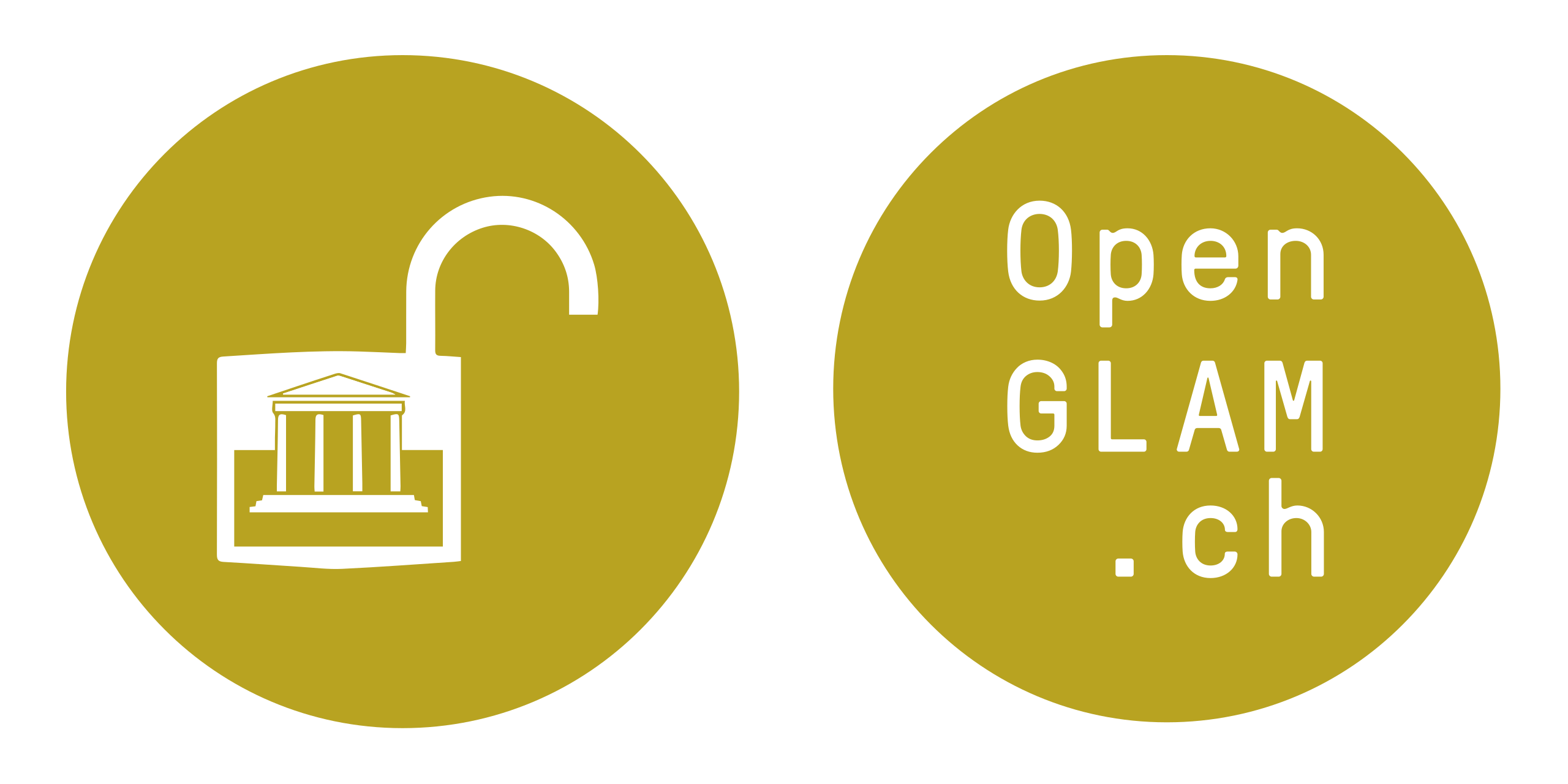Challenge view
Back to ProjectGeoPhoto App
Develop a mobile application that displays georeferenced photos from the 'Glasplattensammlung Zug' to the user when they are in close proximity to the location where the photo was taken.

Eine Grosse Menschenmenge Auf Dem Postplatz. 1902. (https://n2t.net/ark:/63274/bz1wc85)
The history of glass plate photography dates back to the mid-19th century when it was introduced as a more durable and higher quality alternative to paper negatives. Coated with light-sensitive emulsions and exposed in cameras, glass plates produced detailed and sharp images, revolutionizing photography by allowing for greater precision and clarity. However, the process was labor-intensive and required careful handling of the fragile glass plates.
Glassplattensammlung Zug
The Bibliothek Zug houses over 3600 of these plates, known as the "Glasplattensammlung Zug." This collection captures a diverse array of scenes, including architectural landmarks, scenic landscapes, and everyday life moments. Due to the fragility of these glass plates and their archival confinement, presenting these captivating photographs to the public was a significant challenge in the past. Utilizing advanced digitization techniques, the Bibliothek Zug partnered with Memoriav to digitize the collection and georeference approximately 2500 photographs from the late 19th century to the 1950s. About half of these images were taken in the Canton of Zug, with a notable concentration in and around the city of Zug.
Challenge
With the photos accessible on the Zentralgut website, the Bibliothek Zug aims to bring the collection to a broader audience through the development of a mobile app. This app will notify users when they are near a location where one of the georeferenced photos from the "Glasplattensammlung Zug" was taken, offering a unique and immersive way to explore the region's history. This app provides a look into the past, allowing users to compare historical life and architecture with the present-day, offering a distinctive perspective on Zug's evolution over time.

